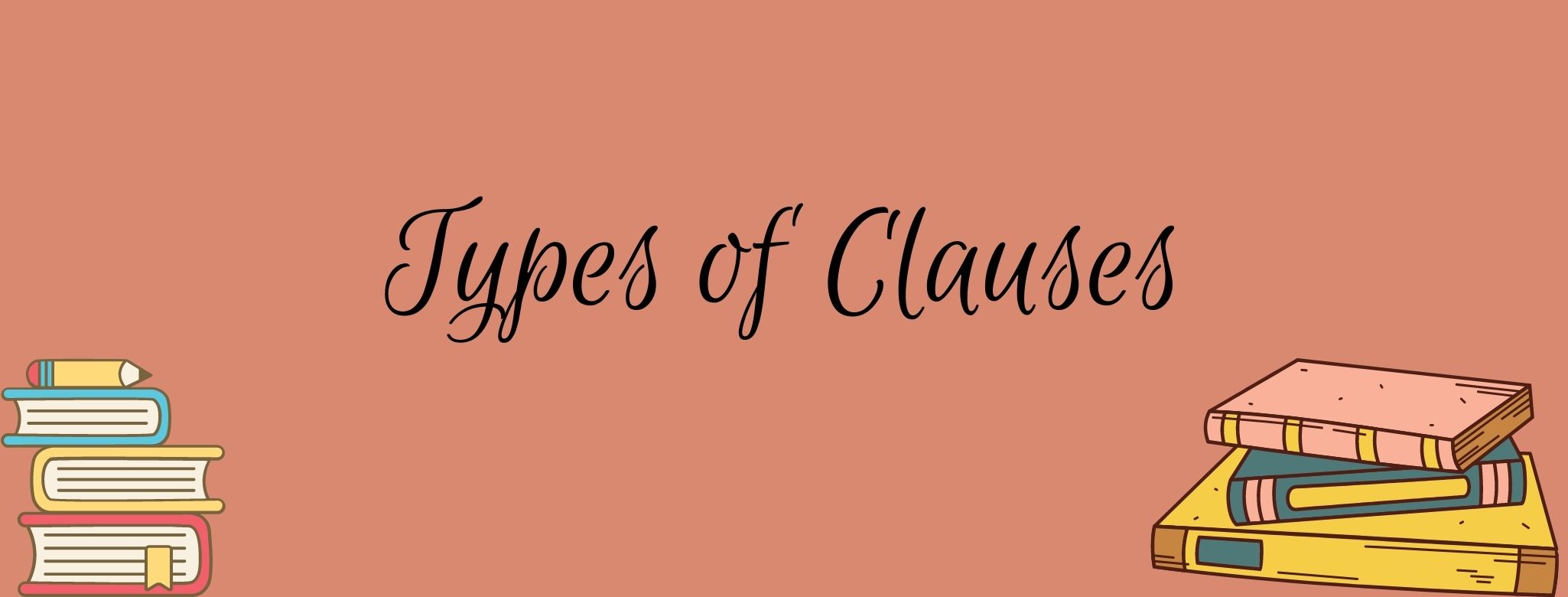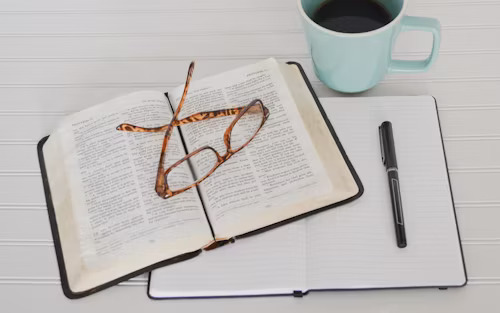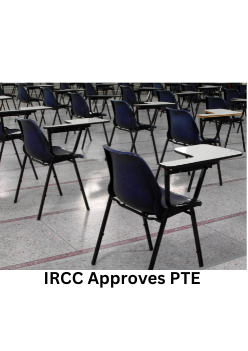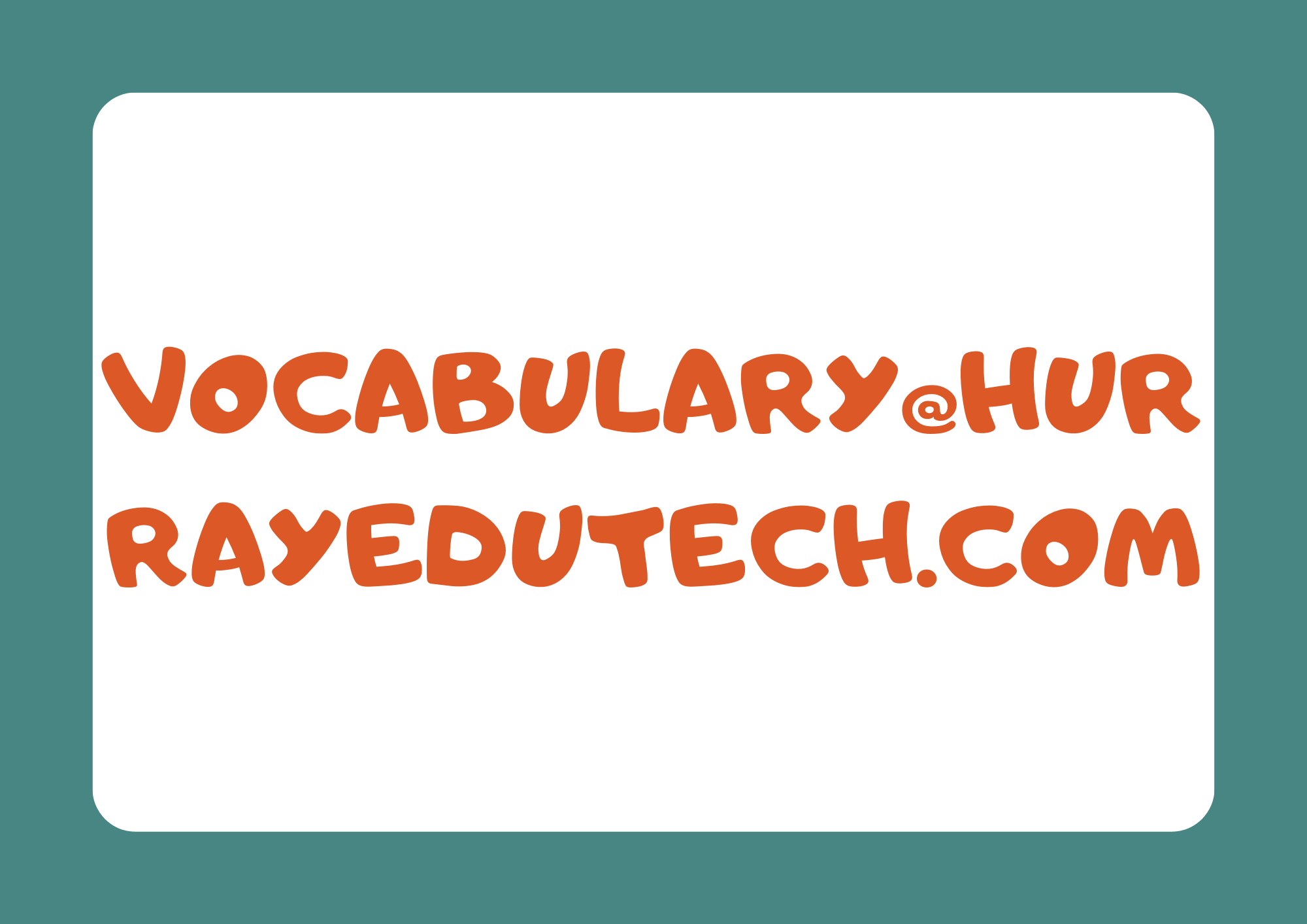Building Blocks of English: Clauses
Looking for how-to’s, tips and techniques for English language skill-development? Well, you have come to the right place!
Whether you wish to ace an international test like IELTS or PTE, or just to prep yourself for study or work abroad, we at Hurray are here to help you.
We’ve launched a series of blog posts, wherein we take up one component of language at a time, and unveil its various nitty-gritties. Today, we’re talking about clauses!
P.S. don’t forget to check out our other posts. In particular, check out our articles on Conjunctions and Sentence formation – you can read those two together with this one to understand everything as a whole.
Clauses: What are they?
The Basics
- A clause is a structured series of words, used to convey meaning in context. A sentence is made of one or more clauses.
- A clause may or may not be able to stand on its own.
- A clause always consists of at least one verb, used in combination with the various other functional words that we discuss
Types of clauses
There are several types of clauses, each having its own properties related to meaning and use in a sentence.
- Independent clause/Main clause
An Independent clause typically deals with a complete action. Thus, it can stand on its own i.e. it creates meaning by itself.
It will consist of a subject and a predicate.
- The subject consists of a noun/pronoun, i.e. that which does the action.
- The predicate consists of the verb i.e. the action, and the object i.e. the noun/pronoun to which the action is done.
- The subject and predicate can also consist of additional functional words (see table).
Examples:
|
Subject |
Predicate |
|
|
(Article + adjective +) noun/pronoun |
Verb |
(preposition + article + adjective +) object i.e. noun/pronoun (+adverb) |
|
I |
drank |
a cup of tea. |
|
Nathan |
lives |
in that house. |
Use it in a sentence:
Every sentence will consist of at least one Independent clause.
- An Independent clause can form a sentence in itself – i.e. the simple sentence.
The examples above are both simple sentences.
- Some sentences contain 2 Independent clauses i.e. compound sentence.
Here, the 2 clauses are joined together with a coordinating conjunction. Read more about these conjunctions
|
Independent clause 1 |
Coordinating conjunction |
Independent clause 2 |
|
I went to the store |
and |
I bought another packet of biscuits. |
|
I really wanted to come, |
but |
I had another appointment. |
Examples:
- Some sentences contain 1 Independent clause, and additional Dependent clause(s), which we will discuss next. In such a sentence, the independent clause may also be called the Main Clause.
Dependent clause/Subordinate clause
A Dependent clause typically contains an action that is incomplete. Such a clause is dependent because it depends on another clause i.e. the independent/main clause – in order to have complete meaning.
How to spot a Dependent clause: it will not have its own subject, and will resemble a predicate (i.e. verb + object).
A complex sentence will consist of an independent and dependent clause.
Examples:
|
Independent clause |
Dependent clause |
|
Shivali has many talents, |
like being a great singer. |
|
I need a knife |
to butter the bread. |
Subordinate Clause: The dependent clause may be a subordinate clause.
In this case, the second clause may appear complete in itself (i.e. it may have a subject). However, in the context of the sentence, it is subordinate to the main clause i.e. its purpose is to complete the meaning of the main clause.
Such a sentence will usually have a subordinating conjunction, which you can read about here. The subordinating conjunction usually comes at the beginning of the subordinate clause.
Because it contains a conjunction, this type of sentence is a compound sentence.
Examples:
|
Main clause |
Subordinate clause |
|
I will come tomorrow, |
although I don’t think she will. |
|
I wanted to go for a run, |
even though it was raining. |
In many cases, the placement of clauses in a sentence is interchangeable. However, not all sentences work this way. If you wish to start a sentence with a dependent/subordinate clause – first, ensure that it makes sense; second, ensure that it is easy to understand.
Examples:
|
Dependent/Subordinate clause |
Independent/Main clause |
|
Besides being a great singer, |
Shivali has many talents. |
|
Even though it was raining, |
I wanted to go for a run. |
Certain Dependent or Subordinate clauses may be further classified, based on the function they play in relation to the Independent or Main clause.
- Conditional clause
A conditional clause typically begins with subordinating conjunctions like if or unless. Such a clause indicates the possibility or probability of something happening.
|
Main clause |
Conditional clause |
|
I will do it, |
unless you tell me not to. |
|
The match will have to be postponed |
if the storm is very bad. |
- Relative
A relative clause is one which is related to the main clause.
Important: It is connected to the main clause by a conjunction that specifies relation i.e. which, that, whom, whose, when, where, who.
|
Main clause |
Relative clause |
|
Show me the dress |
which you liked best. |
|
That’s the woman |
whose dog ran away. |
|
That’s the place |
where I dropped my hat. |
P.S. You will usually use who, whose, whom when referring to a person, and that, which when referring to a non-person.
Restrictive relative vs Non-restrictive relative clauses
Relative clauses will be either one of these two types.
|
Restrictive |
Non-restrictive |
|
Such a clause gives essential information to support the main clause. Here, the main clause will not make sense in context without the essential information.
There will be no comma between the clauses. |
Such a clause gives additional information to further qualify the main clause. Here, the main clause will make sense without this additional information.
There will typically be a comma between the two clauses. |
Examples:
|
Type |
Main clause |
Relative clause |
|
Restrictive relative |
I bought the book |
which is compulsory for my course. |
|
She pointed out the man |
who took her bag. |
|
|
Non-restrictive relative |
I picked a good restaurant, |
where we can have a view of the sea. |
|
Let me know the news, |
when it arrives. |
In some cases (where you would use which/that/who), the conjunction may be dropped entirely. This will be the case when a restrictive relative clause is used.
Examples:
- That’s the woman who I met yesterday. à That’s the woman I met yesterday.
- This is the book that I was reading last night. à This is the book I was reading last night.
P.S. You can only drop the conjunction if the sentence makes sense without it!
Conclusion
Well that’s it for clauses – all the basic information in a nutshell!
Fact is however, you do not need to remember all the names of these clauses – what you do need to know is how to use them. This is where the rules come into play.
Once you understand how to construct sentences that make sense, where and how to use certain conjunctions, and so on, your writing and speaking will become more polished!
What next?
The best way to improve your language skills, is with a knowledgeable and experienced trainer – at Hurray, we have some of the best! Allow us to help you master the language.
Whether you need training for IELTS or PTE, or Spoken English training, we are at your service – and best of all, we offer our services online!
You can reach out to us at info@hurrayedutech.com 8971357938, to learn more.











Post Comments